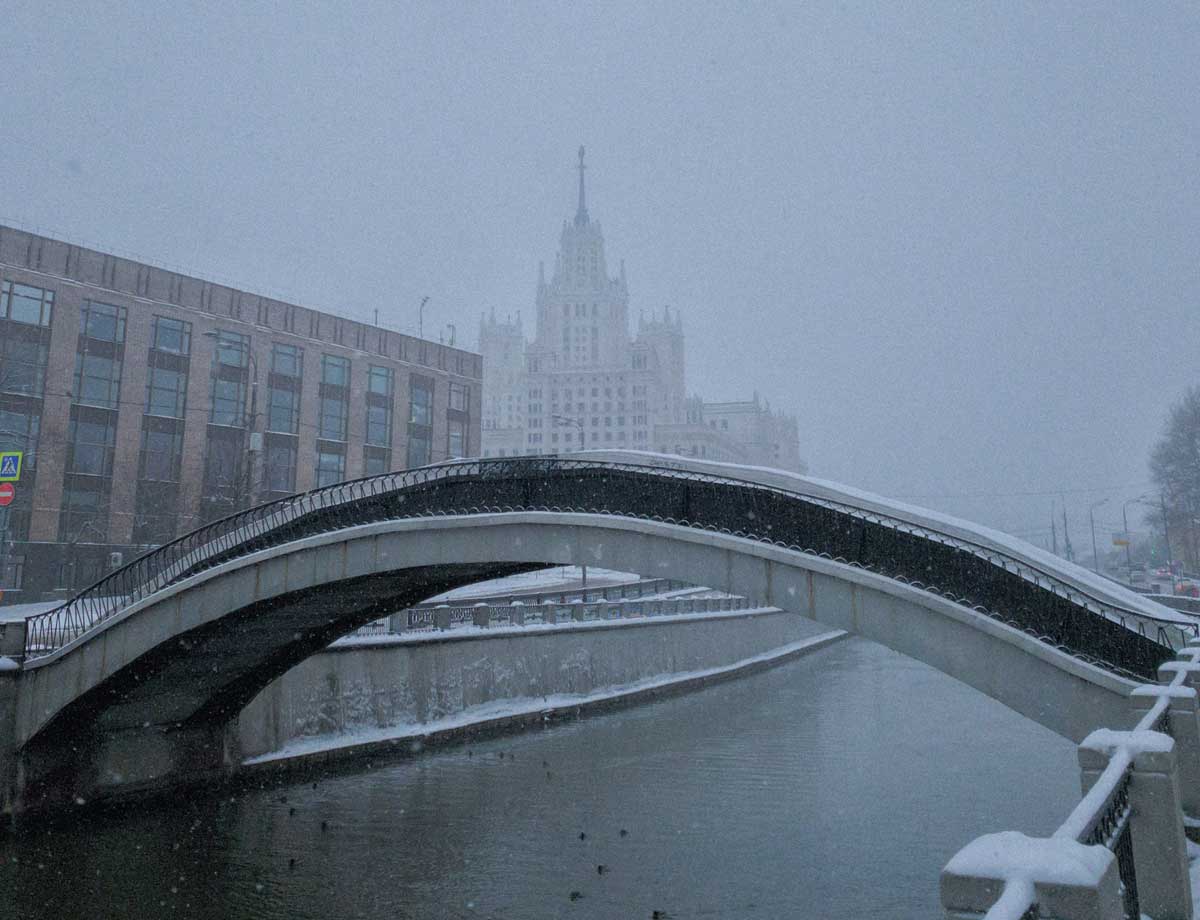Western nations imposed the most extensive sanctions and trade restrictions in history on Moscow. Today, Russia appears to be doing OK.
Its economy is growing steadily. Russia can’t buy much from the West but has found new providers for drones, surveillance gear, computer chips and other gear. Its oil and gas sales are still strong, despite attempts to stop them.
Moscow’s continued strength is a humbling result for the U.S. and its allies. These nations make up more than half of the global economy, and they tried to weaponize their influence over trade and finance to weaken Russia. They hoped to make President Vladimir Putin a pariah and maybe even stop the war. Today, I’ll explain why those efforts have fallen short — and whether they can be made to work again.
The measures against Russia go far beyond traditional sanctions, which historically have targeted banks and elites. Those rules limit how much tech Russia can import, and they direct shipping companies and insurers to cap the price of Russia’s oil at $60 per barrel — well below market rate.
It may seem surprising that Russia could so quickly replace so much of its trade with the U.S., Japan and the E.U. But the rest of the global economy — especially China’s — is large enough that the shift didn’t take long. China already makes much of what Russia needs and can buy much of what it sells. Trade between China and Russia hit a record high last year as Russians turned to Chinese cars, electronics and weapons components. “China has to a large extent blunted the pain,” said Eswar Prasad, a trade economist at Cornell University.
Another change has been the rise of a network of shipping companies, insurers and oil traders that does not answer to Western rules. This network, based in countries like China, India and the United Arab Emirates, has expanded since the war began to provide new channels for Russian oil. Thanks to this shadow fleet, Russia can get around the Western price cap on its oil by using shipping companies that don’t comply with it. And Russians are still getting TVs, chips and cellphones through traders in Central Asia and the Middle East who buy them from the West and sell them at a markup.
Finally, the newest sanctions — the ones that try to constrain Russia’s access to technology and its oil sales — have not been as effective. The U.S. wields much less influence over these sectors than it does over the banking sector, which is tethered to the dollar. The new measures, imposed in 2022, made it harder and more expensive for Russia to do business abroad. But they haven’t wounded its economy enough to make most Russians question the war. “The mood in Russia is, the whole world is against us, but we are managing quite well,” said Maria Snegovaya, a senior fellow at the Center for Strategic and International Studies.
